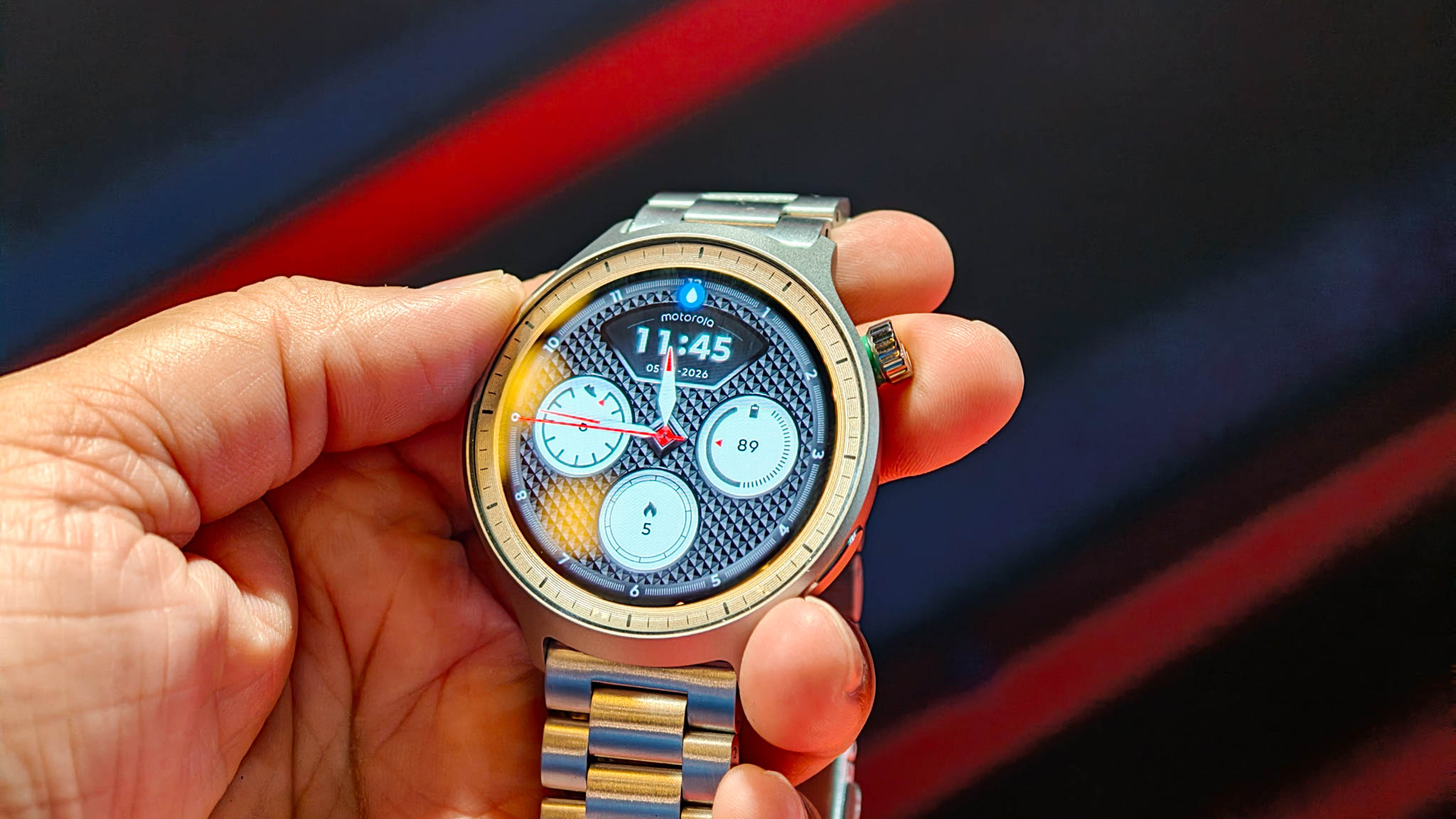It finally happened — Google drops 'third-party' support for its Wear OS Clock app
This was just the first step.
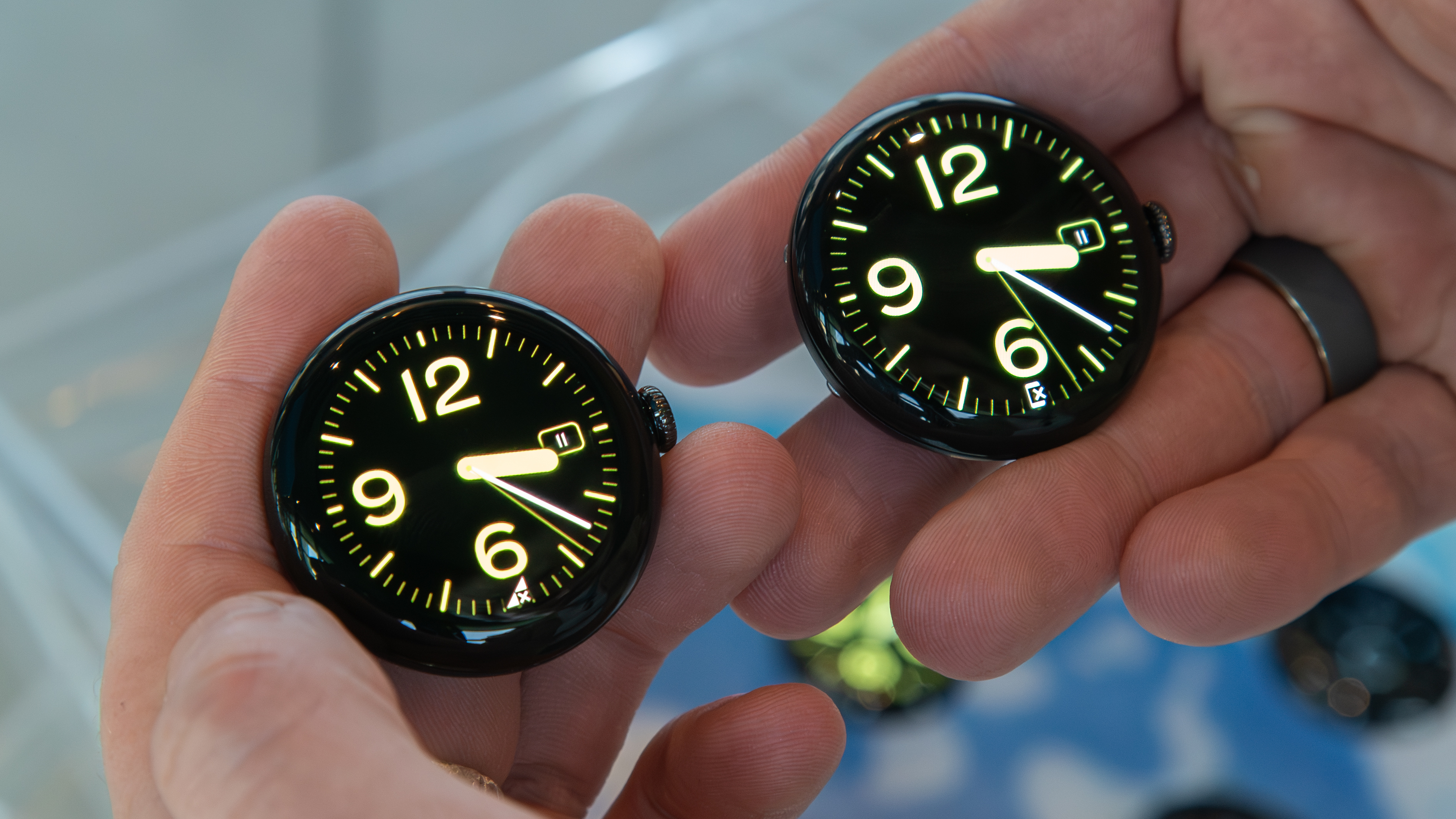
Enjoy our content? Make sure to set Android Central as a preferred source in Google Search, and find out why you should so that you can stay up-to-date on the latest news, reviews, features, and more.
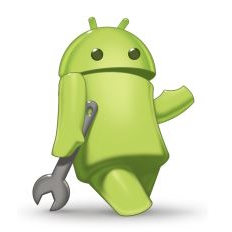
One of the web's longest-running tech columns, Android & Chill is your Saturday discussion of Android, Google, and all things tech.
Google has announced that its clock app (the app that adds alarms, timers, etc.) will soon be a Pixel Watch-only affair.
With your favorite watch brands offering their own default clock apps on Wear OS, Google’s Clock app (which includes alarm, timer, and stopwatch features) is no longer available for download on Wear OS smartwatches, except for the Pixel Watch.
This isn't a big deal by itself. Many people use Wear OS watches made by companies like Samsung, and those include a built-in solution from the company that made your particular watch. Yes, it will make things like syncing alarms between a Google Pixel device and another device difficult, but you're not going to lose anything.
Why it's happening is more interesting
Chances are, you only care about this if you use one Pixel device and one Galaxy device; this is more common than you might realize. Even then, you know you'll still be able to have alarms, timers, stopwatches, and all the other things a clock app should do on both devices, even if the apps come from two different places. Like I said, it's not that big of a deal.
Why it's happening might be, though.
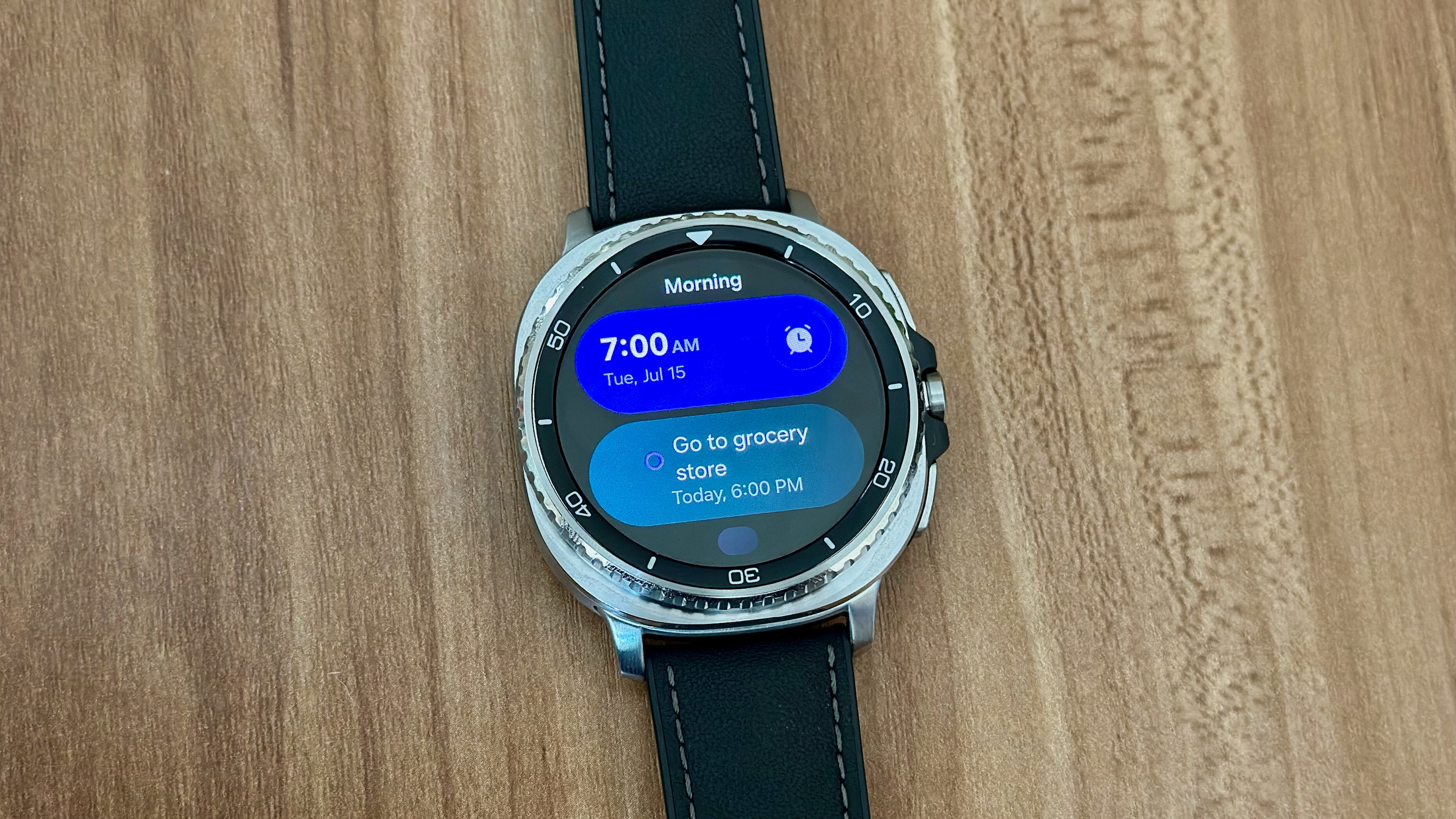
A while ago, I wrote about how Android's biggest strength - being available and open to manufacturer customizations - was also its biggest weakness. Dropping support for the clock app is very likely a cost-saving initiative by Google; not having to test and support an app for devices it doesn't control saves both time and resources. It will save money while shifting more responsibility to the companies making the products - now Samsung has to make sure everything is perfect in the clock app for Galaxy devices, for example.
Google will never be able to get away with scaling back what little bit of "openness" Android offers. The only alternative is to act more like a hardware maker. It's also not the first time we've seen this sort of move from Google. The phone dialer is an excellent example, and if you really want to kill as many spam calls as you can, you need to use Google's phone app. Google doesn't offer the "smart" spam detection to anyone as a standalone API. Of course, other AI tricks and tools are also at play here, with every phone seemingly having something different, depending on who makes it.
Get the latest news from Android Central, your trusted companion in the world of Android
It's also something I think we need to get used to reading about, especially with Samsung's offerings. Plain and simple: if you have a modern Galaxy phone, you do not need apps like Google Chrome, a Google Address book, or even the Gmail app. You might want them and find them useful, but every function they offer is replicated in Samsung's own apps. Google could (it won't) drop "third-party" support for non-Pixel devices from these apps tomorrow, and other than bad press, nothing would really change.
The one issue is cross-device and cross-platform synchronization. Google will never remove the Gmail app (for example) from phones that aren't a Pixel because it wants people to use Gmail. Allowing us to have one account synchronized across every device with a screen is useful enough that we're going to keep using a dedicated and simple-to-set-up Gmail app, which happens to tie in well with Google's business of getting eyeballs on the web. Not every app is that way, though.
Samsung's address book leverages the feature of using Google's cloud to sync everything without using Google's People app. Google doesn't really monetize its address book (I pray they never do), so it could drop app support for it without any serious issues. Most of Google's small, basic apps are this way, and if you have a Google account, you can sync things like addresses and phone numbers on any app from any phone maker.
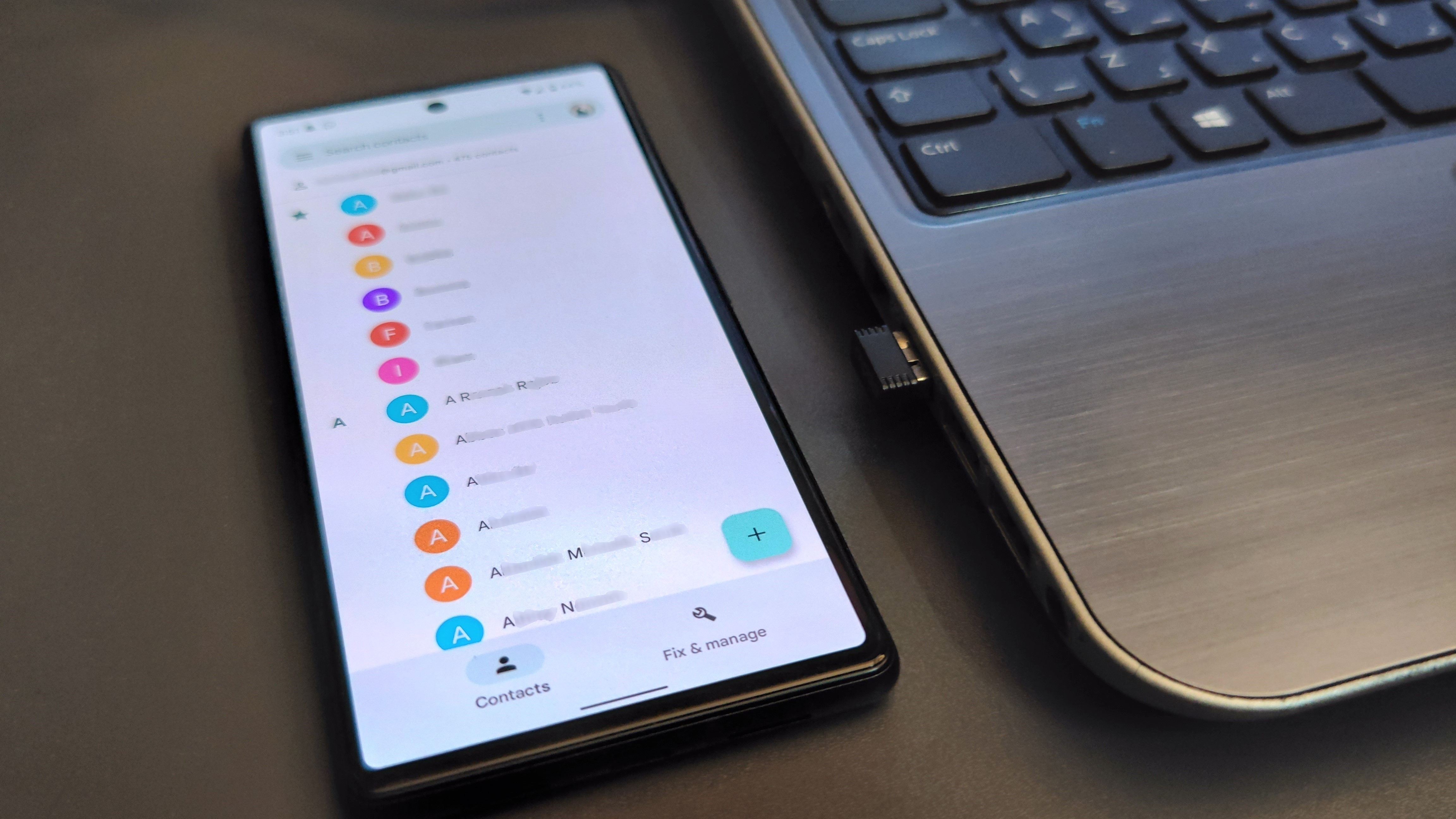
What concerns me are apps like Google Photos. Right now, it's in Google's best interests to support Google Photos on every smartphone and modern web browser. The app is lightly monetized and can act as a gateway to buying photo prints, but the real draw for Google is the analytics it harvests, knowing who is using what, where they are using it, how often they use it, etc. Everyone wants a tighter leash on this sort of thing in the name of privacy, but if that happens, is it really worth the time and money to keep the app for iOS or even Galaxy phones around?
We know the answer: it's not. Google isn't here to make your day brighter or your life easier; it's here to make money. Take that ability away, and the company will shift focus onto the next money-maker.
This had to happen eventually, and it will keep happening. Google can not (and should not) act as some overlord and assume full control over all software on licensed Android devices, so apps like Samsung's Galaxy Clock are never going away.
We don't want them to go away, even if we never use them. What we should always want is choice, and seeing our choices slowly whittled down, especially with the advent of all things AI, the next big idea might never happen.

Jerry is an amateur woodworker and struggling shade tree mechanic. There's nothing he can't take apart, but many things he can't reassemble. You'll find him writing and speaking his loud opinion on Android Central and occasionally on Threads.
You must confirm your public display name before commenting
Please logout and then login again, you will then be prompted to enter your display name.
